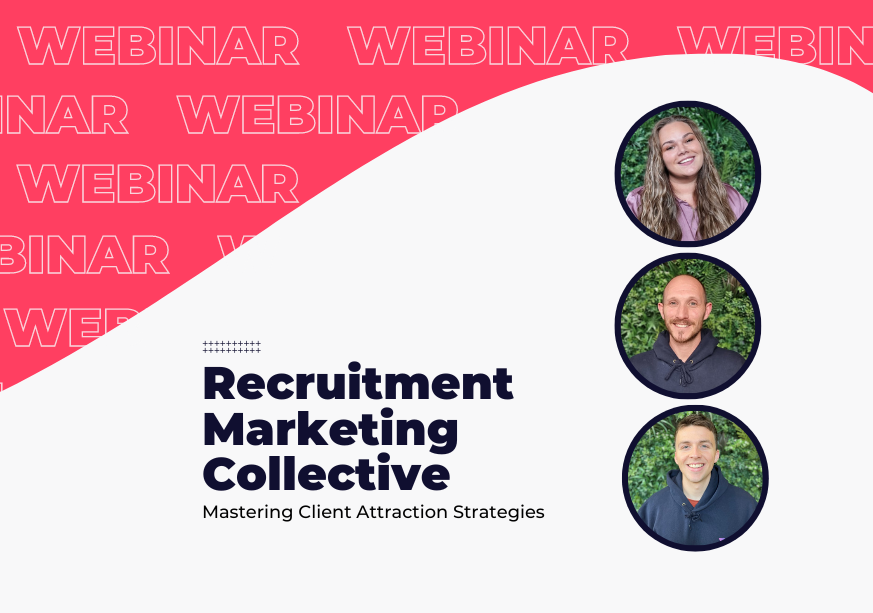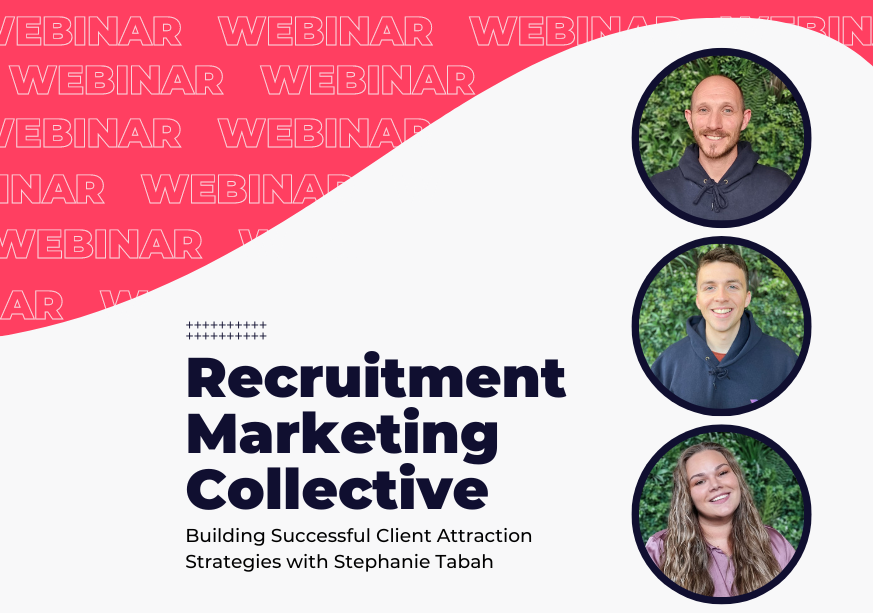Explore our NEW Knowledge Base and Help Desk to find everything you need to attract, engage and convert talent with your Vennture website.
Discover More7 Steps to Making PPC Predictable
15 Apr, 20152 minutes
Google Instant acts as an excellent indicator of what the majority of the general population are wondering. Searching for “how do I know*” brings up a few questions that clearly puzzle a lot of people, the most popular being how to know if there’s any reciprocation from that special someone.

Apparently knowing if you should or shouldn’t ‘go for it’ is an almost universal concern. I’ve been told it’s all about eye contact, but have found that this can also lead to a scrap rather than a relationship.
PPC is nearly two decades old, AdWords has been around since October 2000 and eMarketer estimates that “digital ad spending will increase 16.7% this year, totalling $140.15 billion and surpassing 25% of all media ad spending for the first time”. Despite this, a huge number of business owners still don’t understand or use PPC. It appears that we have another case of uncertainty preventing a potential match.
If only things were simpler. Do you remember those paper fortune tellers? Those little naive origami formations were the most statistically robust means for telling the future. You’d pick a colour and a number, follow this up with another number and hey presto, your future would be foretold.
I’m by no means saying that this method should be applied to your business, but there was something fantastically simple about just running the numbers of that routine. I don’t think it’s necessary to completely comprehend the nuances of Ad Rank just to use paid search and, in a lot of cases, the perception of difficulty is the turn off.
With this in mind I’ve created a simple routine to let you know if you should (or at least could) invest in PPC. I need to state that this is purely to give an indication as to whether PPC should add up for you. It is mathematical, but there are variables.
At the end of this article there’s a downloadable document in word and PDF format. If you grab either of these and fill in the blanks it will help you to predict your PPC future. Before that though, let me walk you through a couple of scenarios.
You own a company called Killian’s Knitwear, you sell a variety of knitted wears. You have £500 to spend to encourage sales on your website. You estimate that 8 out of every 100 people who land on your site will buy a jumper (an 8% conversion rate) and know that the average price of your jumpers is £37.50.
Now you need to know how much it’ll cost for someone to click onto your site (this is your cost per click or CPC). If you don’t know this, you can ask an agency or someone with an AdWords account to use the keyword tool and do a forecast for you.
Let’s say your CPC is £1.50. This means for your £500 you get 333 clicks (500 ÷ 1.50). If your conversion rate is 8% you’ll get 27 sales and £1,012.50 revenue (27 sales x £37.50 average jumper price). If you don’t know your CPC though, we’ll have to do a bit of reverse engineering.
You’ve got £500 to spend and your jumpers cost £37.50. You’ll need to sell 14 jumpers to break even. If your conversion rate is 8% that means you need 175 clicks. 500 ÷ 175 = 2.86, so the CPC you can afford to pay is £2.86. I’m sure you want to do better than break-even but if you adjust the amount of jumpers you need to sell to get to your desired revenue, the maths will do the rest.
I understand that quality score, ad rank, CTR, landing page relevance and load times are all variables which will impact CPC. What this process allows is for a business to say “I have X to spend, my CPC is Y and my sales will be Z, therefore I can go to a PPC specialist and ask the question: “can I get this many sales for this much spend?”"
If you understand PPC at an elementary level you can, with some degree of confidence, say “I can” or “I can’t”. It’s not a declaration of certainty, but it is a foundation to provide some level of clarity. It’s also worth noting that PPC isn’t strictly ecommerce and works for generating traffic, leads or brochure downloads and can also be used to aid brand awareness.
My aim here is for smaller business owners to get to the crux of their considerations. Don’t miss out on an opportunity because you were scared or, even worse, uninformed. Ask the question. More harm is caused by indecision than wrong decision. I heard that on The Sopranos the other day, but I think it’s appropriate here too.
PPC needn’t be a leap of faith, it can be a rational, qualified routine where you just run the numbers. As for that universal concern of infatuation, I’m afraid the origami knows more than me.
PPC Fortune Teller download links:
Flickr Creative Commons Image: Joamm Tall



